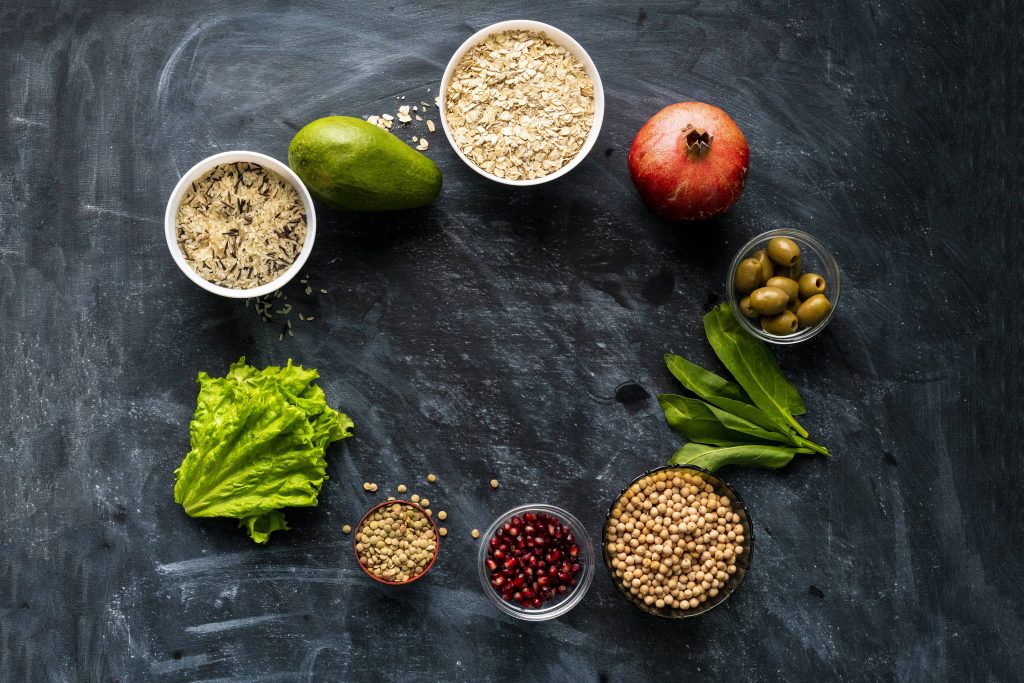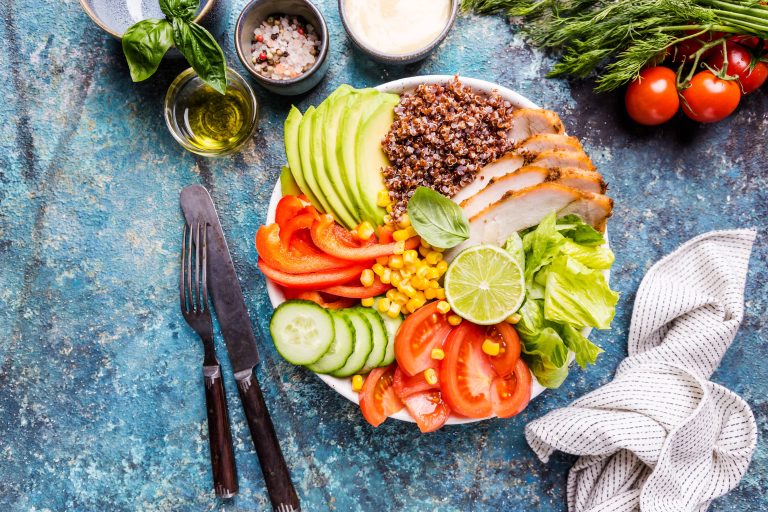
In today’s fast-paced world, maintaining healthy eating habits can seem like a daunting task. With the constant bombardment of new diet trends, conflicting nutritional advice, and the convenience of fast food, it’s easy to feel overwhelmed. However, mastering the art of lasting healthy eating habits is not only achievable but also essential for long-term well-being. This blog post will guide you through practical steps to develop and sustain healthy eating habits that can transform your life.
Understanding the Basics of Nutrition
Before diving into the strategies for lasting healthy eating habits, it’s crucial to understand the basics of nutrition. Nutrition is the science of how the body uses food to sustain life, grow, and function optimally. It involves the intake of macronutrients (carbohydrates, proteins, and fats) and micronutrients (vitamins and minerals) that are essential for health.
1. Macronutrients:
– Carbohydrates: The body’s primary energy source. Opt for complex carbohydrates like whole grains, fruits, and vegetables, which provide sustained energy and are rich in fiber.
– Proteins: Essential for building and repairing tissues. Include lean meats, fish, beans, and legumes in your diet.
– Fats: Necessary for hormone production and nutrient absorption. Focus on healthy fats from sources like avocados, nuts, and olive oil.
2. Micronutrients:
– Vitamins and Minerals: These are crucial for various bodily functions, including immune support, bone health, and energy production. A diverse diet rich in fruits, vegetables, and whole foods ensures adequate intake.
Setting Realistic Goals
One of the keys to developing lasting healthy eating habits is setting realistic and achievable goals. Start by assessing your current eating patterns and identifying areas for improvement. Instead of overhauling your entire diet overnight, focus on making small, incremental changes. For example, if you consume sugary drinks daily, aim to replace them with water or herbal tea a few times a week.
Mindful Eating
Mindful eating is a powerful tool for cultivating healthy eating habits. It involves paying full attention to the experience of eating and savoring each bite. This practice can help you recognize hunger and fullness cues, reduce overeating, and enhance your enjoyment of food. To practice mindful eating, eliminate distractions during meals, chew slowly, and appreciate the flavors and textures of your food.
Meal Planning and Preparation
Planning and preparing meals in advance can significantly contribute to healthier eating habits. By dedicating time each week to plan your meals, you can ensure a balanced intake of nutrients and avoid the temptation of unhealthy convenience foods. Consider batch cooking and storing meals in portioned containers for easy access throughout the week. This approach not only saves time but also reduces the likelihood of making impulsive food choices.
Incorporating Variety
Eating a wide variety of foods is essential for obtaining all the necessary nutrients. Aim to include different colors, textures, and flavors in your meals. This not only makes your diet more enjoyable but also ensures a broader range of nutrients. Experiment with new recipes and ingredients to keep your meals exciting and prevent dietary monotony.
Staying Hydrated
Proper hydration is often overlooked but is a critical component of healthy eating habits. Water is essential for digestion, nutrient absorption, and overall bodily functions. Aim to drink at least eight glasses of water a day, and adjust your intake based on activity level and climate. Herbal teas and water-rich foods like cucumbers and watermelon can also contribute to your hydration needs.
Listening to Your Body
Your body is an excellent guide when it comes to eating. Learn to listen to its signals of hunger and fullness. Avoid eating out of boredom, stress, or habit. Instead, focus on nourishing your body with the nutrients it needs. If you’re unsure whether you’re truly hungry, try drinking a glass of water or engaging in a non-food-related activity before reaching for a snack.
Building a Support System
Having a support system can make a significant difference in maintaining healthy eating habits. Surround yourself with friends, family, or a community that shares your health goals. Share recipes, meal ideas, and experiences to stay motivated and accountable. Consider joining a cooking class or a nutrition workshop to expand your knowledge and connect with like-minded individuals.
Flexibility and Balance
It’s important to remember that healthy eating is not about perfection. Allow yourself the flexibility to enjoy occasional treats without guilt. The key is balance and moderation. By adopting a flexible approach, you’re more likely to sustain your healthy eating habits in the long run.
Conclusion
Mastering the art of lasting healthy eating habits is a journey that requires patience, commitment, and self-awareness. By understanding the basics of nutrition, setting realistic goals, practicing mindful eating, and incorporating variety, you can create a sustainable and enjoyable approach to eating. Remember, it’s not about following a strict diet but rather embracing a lifestyle that nourishes your body and mind. With these strategies, you’ll be well on your way to achieving lasting health and vitality.










